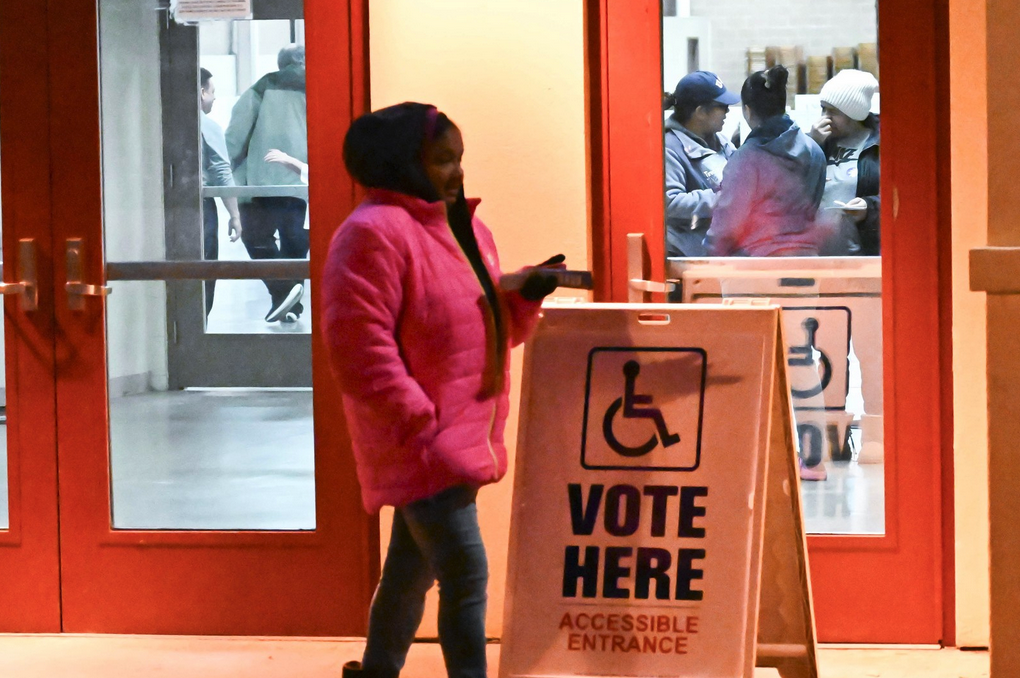By Jim Ludlow, executive producer of the Good Government Show Podcast and founder of the Good Government Institute, a nonprofit dedicated to fostering ethical leadership and civic engagement. He lives in Fogelsville, PA.
I voted on Nov. 4, 2025. Like many Americans, I walked into my polling place with good intentions. I believed I was reasonably prepared. I recognized some of the names. I remembered some of the campaign messages. I felt that, in a general way, I was making responsible choices. But as I drove home, an uncomfortable realization surfaced: I didn’t really know who most of these people were or what they truly stood for.
This wasn’t a matter of apathy. I care deeply about my community and country. I’ve been voting since the Nixon administration. I try to be a responsible citizen. Yet caring is not the same as being informed. And this election cycle, I really felt the difference.
Inside the polling place, the local fire company filled with friendly volunteers and neighbors and a quiet sense of civic routine, everything felt almost automatic. Wait in line, sign your name, fill in the circles and feed the ballot into the machine to receive your “I Voted” sticker. I did all of that. But I realized afterward that I had participated in the voting ritual more than the responsibility.
I voted along party lines in several races. In another, I relied on an endorsement I trust. In one case, I voted against someone admittedly because of the negative advertising. I didn’t look at voting records. I didn’t look at who funded these campaigns. I didn’t watch debates or read candidate statements in their own words. If voting is the cornerstone of our democracy, I cast mine with more instinct than insight.
Historian Jared Diamond notes that most Americans are unable to name their congressional representative. Even fewer can describe what their local officials actually do. And yet, local officials, school board members, county commissioners, district attorneys and judges often shape our daily lives more directly than national leaders ever will.
The decline in voter participation intensifies this challenge. Fewer than two-thirds of eligible citizens are even registered to vote. Turnout in local elections often falls below 20%. That means a small portion of the community usually makes decisions that affect everyone. These are astonishingly poor results given the incredible consequences of voting.
When fewer people vote, each ballot carries more weight. And when many of those ballots are cast without much understanding, the direction of a community, county, state and country can be determined less by thoughtful judgment and more by stoked-up emotion and mind-boggling advertising spending.
Some may argue that none of this really matters because party politics essentially drives most decisions. But that makes informed voting even more critical, not less. When we vote for a candidate, we are also choosing the priorities, governing philosophy and values of the party behind them. If we are in fact choosing a party platform, we should at least know what it has. Every voter should read both party platforms available online before casting their vote.
I believe there is a “voter gap,” which is the difference between the power of our vote and the typical depth of our knowledge. Too many voters vote spuriously based on physical appearance, often wild campaign promises and demonizing PAC-sponsored advertising. We are all busy, but becoming a more informed voter doesn’t require studying politics for hours. It takes an intentional investment of only one hour or so before Election Day:
- Look up your actual ballot. Vote411.org and your local paper can provide this information in minutes.
- Read one nonpartisan voter guide. The local paper publishes candidate answers in their own words.
- Look up campaign contributions. FEC.gov and OpenSecrets.org will tell you who is backing whom. As they say, follow the money to see whose agenda your candidate is really carrying.
- Watch 10 minutes of a debate or candidate forum. Not the whole thing, just enough to gauge the tone, civility and seriousness. Do they speak with depth or just party slogans.
- If they’ve served in office before, read their voting record. Past choices are the clearest window into future ones.
Our Founders understood the fragility of self-government and issued numerous warnings. Thomas Jefferson said education was necessary for a republic to endure. Maintaining it well for the future requires ongoing attention and good stewardship.
Being a good voter is more than showing up. It is being prepared even modestly. It is recognizing when we are voting out of habit instead of judgment. It is deciding that our communities deserve better choices than reflex and noise. I offer these thoughts not as someone who has figured it all out but as a fellow neighbor trying to do better next time. I voted on Nov. 4. Next time, I will vote with a clearer understanding and steadier confidence. Not perfectly, just better.
Our democracy doesn’t need perfect citizens, just attentive ones. Voting is our privilege. Informed voting is our duty.

